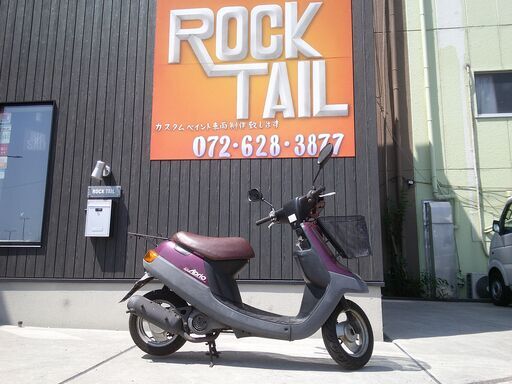商品の詳細
商品説明 エンジェル名曲ライブラリー ザベストクラシック 名曲の手引き Vol.1-33枚セット※ 元から3枚なのかそれ以上にあるのかは不明です#屋根裏のクラッシック頂き物ですCD自体には傷はありませんが、少し曇ってる部分があります。音楽的な内容の質問には一切お答えできません。曲名など全て画像から判断してください。ケースには傷や汚れがあります。
商品の説明

名曲の手引きVOL.3 2022春夏新作 - クラシック

東京あたり☆ザ・ナンバーワン・バンド~小林克也 - 邦楽

その① エンジェル名曲ライブラリー ザベストクラシック 名曲の手引き | フリマアプリ ラクマ

東京あたり☆ザ・ナンバーワン・バンド~小林克也 - 邦楽

エンジェル名曲ライブラリー ザベストクラシック 名曲の手引き Vol.1-3 - CD

エンジェル名曲ライブラリー ザベストクラシック 名曲の手引き Vol.1-3 - CD

エンジェル名曲ライブラリー ザベストクラシック 名曲の手引き Vol.1-3 - CD

エンジェル名曲ライブラリー ザベストクラシック 名曲の手引き Vol.1 | フリマアプリ ラクマ

エンジェル名曲ライブラリー ザベストクラシック 名曲の手引き Vol.1-3 - CD

その⑤ エンジェル名曲ライブラリー ザベストクラシック 名曲の手引き - CD

エンジェル名曲ライブラリー ザベストクラシック 名曲の手引き Vol.1-3 - CD

名曲の手引きVOL.3 2022春夏新作 - クラシック

エンジェル名曲ライブラリー ザベストクラシック 名曲の手引き Vol.1
最新のクチコミ
身長147cm、体重54kgで普段13号を着用しているので迷わず13号を購入。早々に届いたので袖を通しましたが、ジャケットもジャストで着れ、ワンピースは膝下5cm位で丁度良いです。他の方のレビューにも素材が薄いとありましたが、確かに届いた時は薄さを感じましたが、着用すると生地がしっかりしているので気になりません。安さに引かれて購入したので、届くまで不安でしたが、思った以上の品で満足しています。
- YAZ*****さん
- 25歳
- アトピー
- クチコミ投稿 1件
購入品
画像で見るよりウエストのくびれがなく、どちらかと言うとストンとした感じです。そのため寸胴に見えます。バストサイズ(E75)で13号を選びましたが、胸にそれ程余裕はありません。かと言ってきついわけではないので、このまま着ようと思います。胸に余裕はあまりなさそうですがウエストはかなり余裕があります。もう少しウエストが絞られていると理想通りでした。
- AHN*****さん
- 45歳
- アトピー
- クチコミ投稿 3件
購入品
とにかく履きやすいです!肌触りもいいですし、軽くて暖かくて最高です!
- WYU*****さん
- 40歳
- アトピー
- クチコミ投稿 1件
購入品
エンタメ/ホビー・CD・エンタメ/ホビー・CD
-
-
4

ドレス【一回着用】
ドレス【一回着用】
¥1,599
-
5
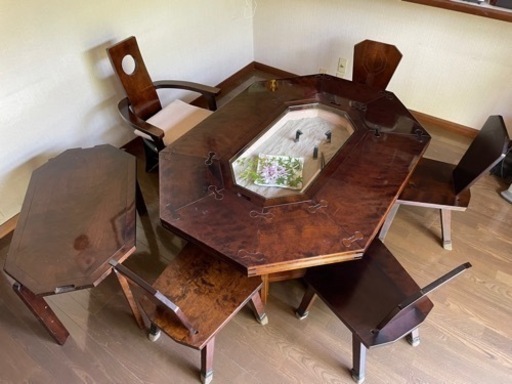
【星野民芸家具】八角炉テーブル
【星野民芸家具】八角炉テーブル
¥100,000
この商品を見ている人におすすめ
-
-
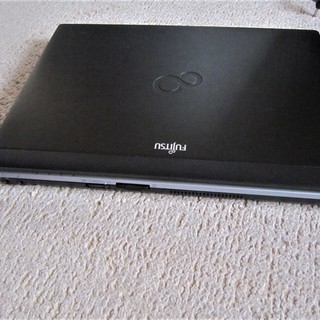
【中古動作品】ノートパソコン☆富士通-LIFEBOOK
¥17,000
-
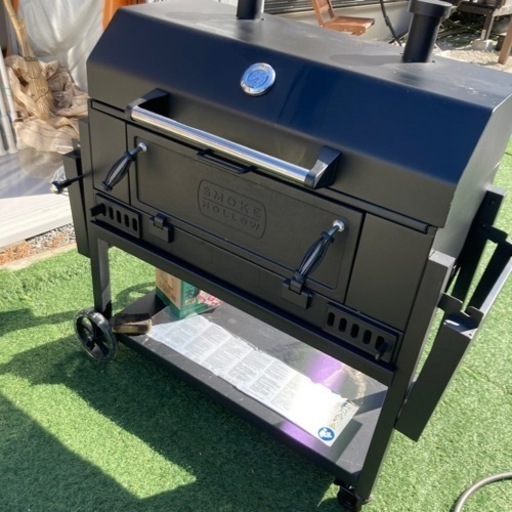
コストコ バーベキューコンロ
¥10,000
-
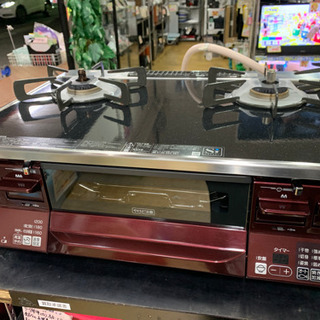
極美品
¥26,900
-

サーナイトex sar
¥19,000
-

完売御礼
¥77,777
-









